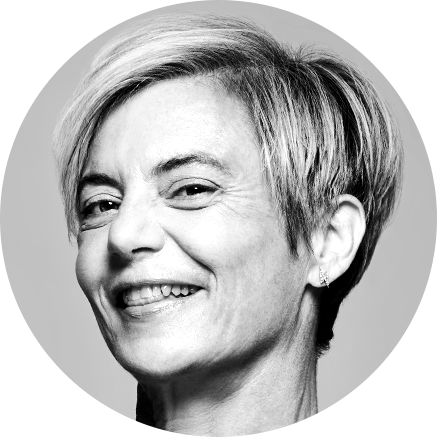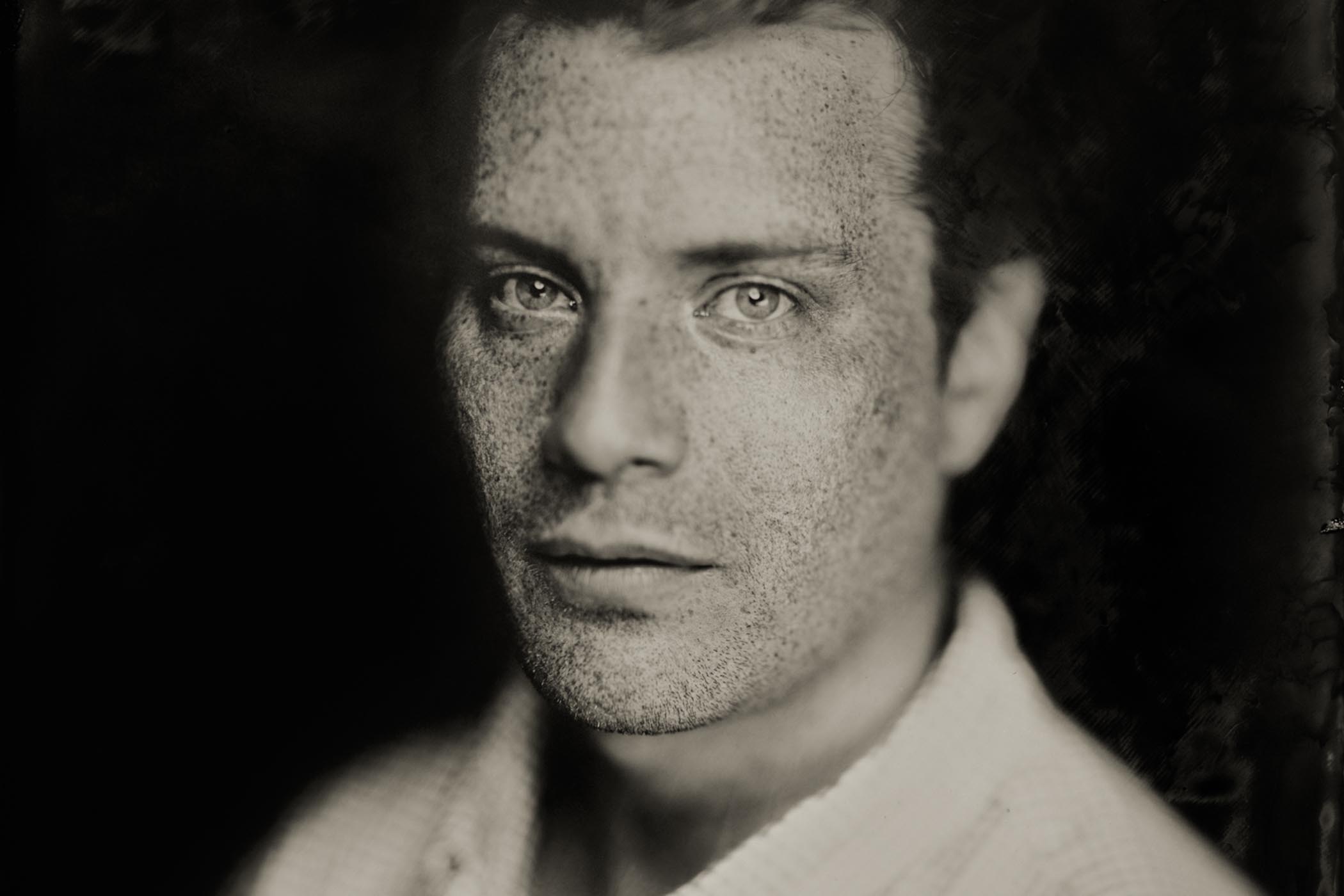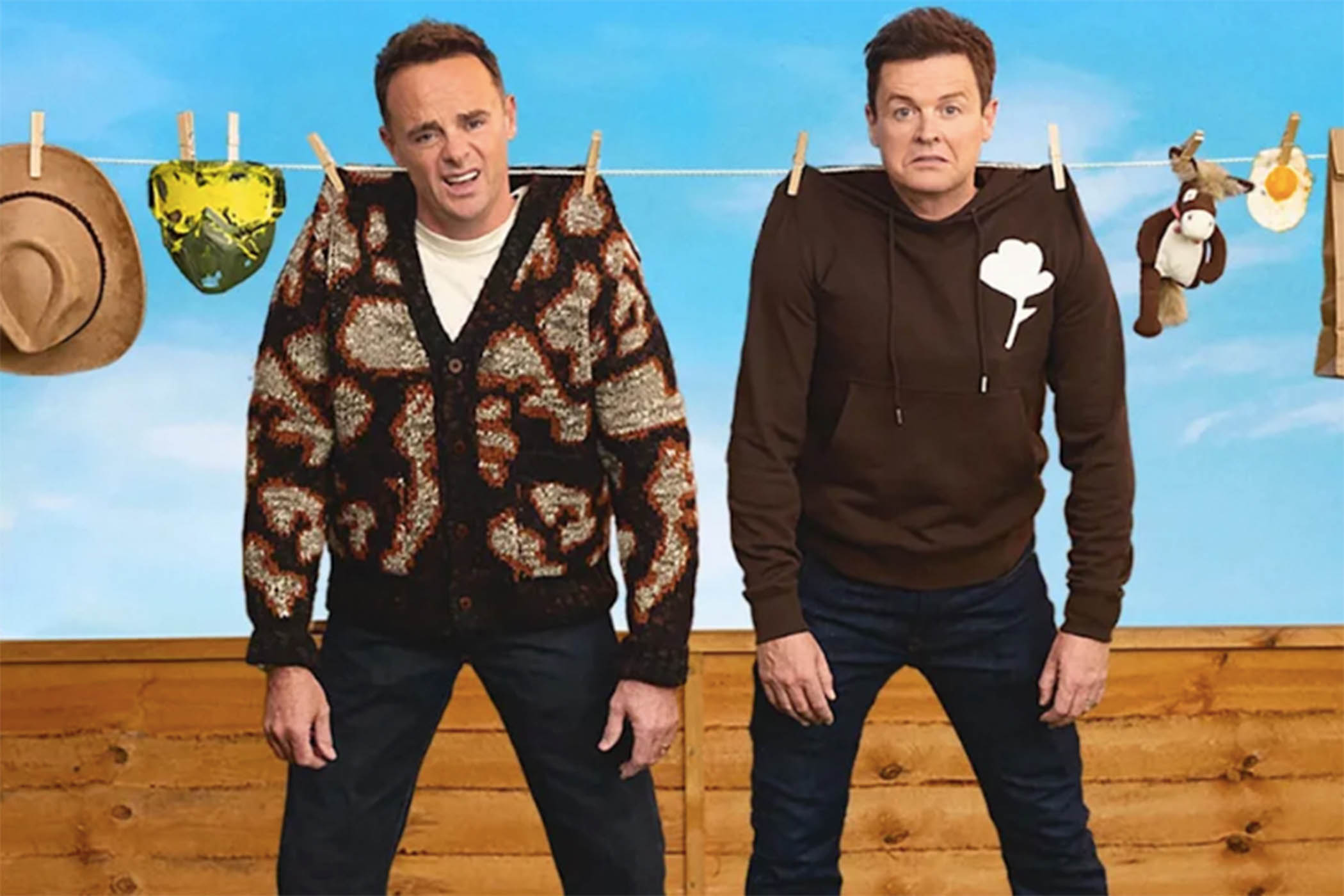A new version of Harry Potter might not, these days, get an entirely warm reception, but it’s still an event. Audible’s lavish audio drama arrives surrounded with high-octane press releases and a cast list to die for, including Keira Knightley, Riz Ahmed, Matthew Macfadyen, James McAvoy, Ruth Wilson, Ambika Mod and many more (there are more than 200 actors involved). Plus, there’s a swooshy original score and sound design by Dolby Atmos.
To be clear, this isn’t a full-on audio drama. JK Rowling’s text is the basis, with actress Cush Jumbo’s lovely narration keeping everything clear and perfectly paced. But it’s not quite an audiobook: when characters speak, there are actors playing each part, and it’s carefully cast. Hagrid (Mark Addy) still has his south-west burr, Professor McGonagall (Michelle Gomez) is very definitely Scottish and many other characters sound almost uncannily like the actors from the original film, including Hugh Laurie as Dumbledore. Frankie Treadaway’s young Harry is great, with the exact accent of Daniel Radcliffe.
Beneath Jumbo’s narration, noises indicate and echo what’s being said, like punctuation – little laughs, grunts and under-the-breath gasps. These can have a comic effect, slightly reminding me of Monty Python, and they keep everything moving but occasionally undermine some of the horribleness of, say, the Dursleys. The sound is a wonderful thing, though, with depth and position adding to the storytelling. The whole thing is such sumptuous listening that it left me feeling almost Christmassy.
When Dr Dre describes the time he had three strokes in quick succession, Corden jokes: “And there was no bit of you, as a qualified doctor, that though, OK, well … ?”
When Dr Dre describes the time he had three strokes in quick succession, Corden jokes: “And there was no bit of you, as a qualified doctor, that though, OK, well … ?”
The best of the many, many celebrity interview series, I find, have a theme – fashion, a TV show, a moment in time – giving a sideways angle into a person’s life through their interests. But Emma Barnett’s new show doesn’t do that – it’s called Ready to Talk and is built around the fact that Barnett is always up for a chat. Her first guest is Kate Thornton. Their discussion is mostly around menopause and HRT, which is interesting for those who need it. Her second guest, the comedian and Strictly Come Dancing winner Chris McCausland is great: warm, funny and confident enough to reveal his insecurities. When he talks about how he approached ballroom dancing, as a blind man, on a show watched by millions, it’s thrilling. Twenty seconds before going live, he pretended to throw up, got the audience cheering, and stepped on to the floor. “The end of that dance … I’d never experienced a reaction like that,” he said. Barnett , like her Today show compadre Amol Rajan, is an excellent interviewer, with an understanding of when to push and when to hold back. I’m just unsure of the point of the show.
James Corden, the former US talk-show host and compulsive celeb hunter, is another who has landed on podcasting as his second string. His show, This Life of Mine, is a broader version of John Wilson’s This Cultural Life, with each interviewee picking their most important place, film, music, person, possession and memory. This gives a nice structure, though the categories aren’t really why you’re tuning in. You’re here because of the status of the guests: Julianne Moore, Dr Dre and Tom Ford make up the first three episodes of this season. (As a side point, isn’t This Life of Mine the perfect humblebrag title? What, this old thing, my fabulous life?)
As ever, Corden provides the effusively grateful vibe that allows very famous people to tell us the story they want to tell. There’s a lot of “I can’t believe you’re here, I always said if I could get anyone on this show it would be you” to wade through, but Corden is also well researched and has the levity needed to break into a long-winded answer. Towards the end of the Dr Dre interview, when Dre describes the time he had three strokes in quick succession, Corden’s joke, “And there was no bit of you, as a qualified doctor, that though, OK, well…?” works really well. As with Amy Poehler’s Good Hang, the mutual ego-stroking can be irritating, but Corden is well liked by many US celebrities and he makes good use of that here.
Still, Cellmate to CEO is by far my favourite of the new interview podcasts. Made by the multi-award-winning Prison Radio Association, it picks up where Life After Prison, presented by ex-inmates Zak and Jules, leaves off, by highlighting people who’ve served time but then succeeded in their careers outside. Tony Supreme, CEO of Soul Surge Wellness, is our host, and the first guest is Zak (Khalil) himself, now director of X Conversation and manager at Social Ark.
Interviewing people who have spent time in prison isn’t easy – there are areas of their life that they might want to blur – but Supreme and Khalil have a nice rapport, and the latter is an interesting interviewee. He’s also the only person I’ve ever heard who makes networking sound like a great thing: “I’d speak to someone, tell them what I’m trying to do. They’d be like, ‘Oh, I’ve got a friend who does so-and-so, you two will be good to connect. Let me give you his email or let me give you his number …’ Then I noticed I can do the same thing too. You could have such a positive impact on someone.”
Related articles:
Khalil’s story of how he ended up in prison three times is salient and interesting (there’s definitely a point in his teens when he could have been diverted); his frustration at trying to get work after serving time is described without self-pity; and his success in social enterprise is admirable. Highly recommended.
Photograph by Alamy
Newsletters
Choose the newsletters you want to receive
View more
For information about how The Observer protects your data, read our Privacy Policy



